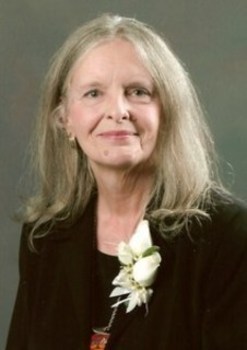Question
I would love to start an aphasia support group at my hospital or even in the community. What are some steps to start the process? Are there any approvals from the doctors, psychologist or other professionals in the care of persons with aphasia?
Answer
If you started a support group at your hospital, obviously you would have to deal with your hospital's structure. But in the community, there should be no approvals because you are not doing anything that is professionally out of your scope of practice or in someone else’s scope. I don't present myself at my stroke support group as, “Hi, I'm here as a speech-language pathologist” necessarily. They know that. I also run a stroke support group, not just an aphasia support group and I encourage you to consider that option. But other than the organization’s or facilities’ specific guidelines, there are no reasons that I know of that there would be any barrier to your doing this, as long as you don't step over the boundary and become a psychologist.
Barbara B. Shadden is a University Professor Emeritus in Communication Disorders and Co-Director of the Office for Studies on Aging at the University of Arkansas. Dr. Shadden has published and presented extensively on topics in aging, neurogenics, discourse, and augmentative communication, including five textbooks and editorship of five journal issues.

